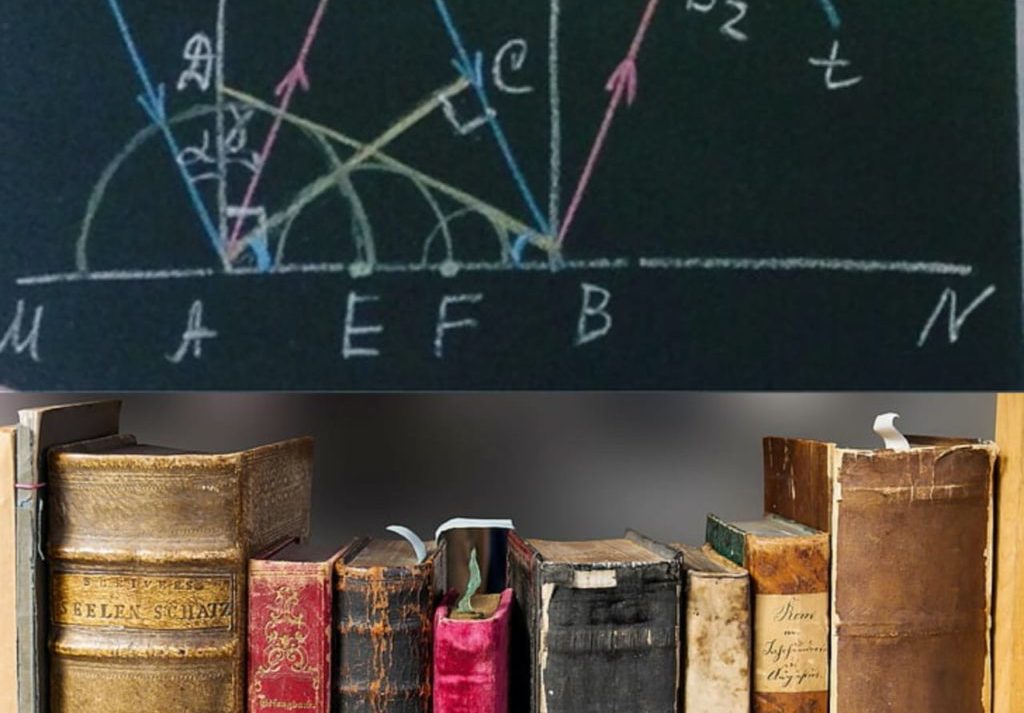Until 2018, students in CBSE affiliated high schools were reading one unabridged novel every year as part of their curriculum. The texts were versatile: a tale of perseverance in ‘The Story of My Life’ by Helen Keller, a Sci-fi account of ‘The Invisible Man’ among others. However, in 2019, seeing the overwhelming number of students drawn to STEM (approx. 15 lakh JEE/NEET aspirants each year), it was decided that the humanities were of little use for these stressed students. Since then, CBSE has undertaken syllabus cut downs exclusively in the social sciences and literature to provide necessary ‘unburdening’.
CBSE’s actions further a traditionally maintained divide that views STEM and the humanities as distinct educational priorities. This separation of disciplines hurts education and limits our ability to solve big and small problems. When it comes to STEM, Indians are very involved in various Sci-Tech industries, though often as workers and more infrequently as leaders and visionaries: we are expert learners and efficient employees but we don’t seem to win enough Nobel prizes, publish ground-breaking research or create radically new things. What goes unrealized is that no matter how much knowledge of science these individuals have, applying the same for the creation of something novel requires certain skills that they missed out on, because they were discouraged from a more integrated liberal education early on.
Innovation requires critical and divergent thinking and understanding of social circumstances. Social innovation, which seeks to uplift the lives of different people using science has emerged as the most valuable field of scientific endeavour in recent years. A key prerequisite for creating something for a diverse society is the ability to empathise with equally diverse people and their needs. Reading offers the ability to see the world from another perspective, to immerse oneself in lives that are embedded in different contexts and to empathize with people who may be very different.
Novels build complex characters that make difficult choices, and have grave flaws. When taught in classrooms, novels are deconstructed by students: why a character acts a certain way, what social factors contribute to their misfortune, etc. This entire process involves the use and development of critical thinking. In fact, as per the European Journal of Communication Research, novels are widely accepted as exceptional tools in developing soft skills like dialogue, creativity and emotional intelligence - all being skills that every STEM student can only benefit from.
The syllabus changes are part of a larger discouragement of the pursuit of liberal arts degrees because these graduates appear to have lower employability. Research has often proven otherwise. Glassdoor’s 2019 research found that eight of the top 10 best jobs in the UK were managerial positions – people-oriented roles that require communication skills and emotional intelligence, and arts graduates excelled at these. As per BBC Worklife, the benefit of a humanities degree is the emphasis it puts on teaching students to think, critique and persuade; the combination of these skills along with STEM offers a more realistic chance of finding sustainable people-centric solutions to global and local issues while creating more innovative and employable graduates.
CBSE is a very visible and influential part of the secondary education mechanism in India. Its decision to chip away areas of study that it deems less contributory to landing jobs represents much of what is wrong with the pedagogical machinery. The guiding principle to education cannot be to create people crafted to fit one job; rather individuals who have enough skill and knowledge at their disposal to create jobs, ideas and solutions, and enough curiosity to learn more when they lack this knowledge. To better cultivate such skills, bridging the gap between STEM-Humanities is a good starting point.
